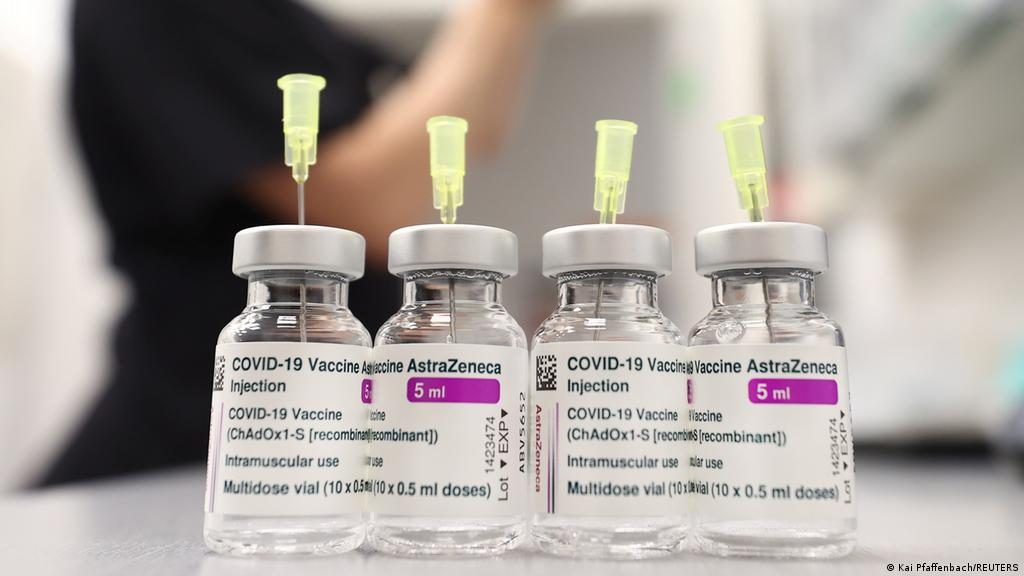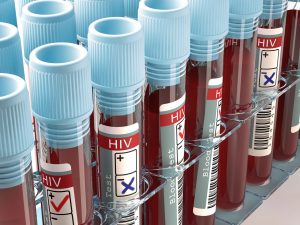A Belgian court on Wednesday heard legal complaints by the European Commission against the pharmaceutical group AstraZeneca.
The European Union is suing the British-Swedish drugmaker over COVID jab delivery delays that hampered efforts to kickstart vaccination across the bloc.
The EU has accused AstraZeneca — which worked with Oxford University in developing its vaccine — of favoring the United Kingdom in its deliveries.
Lawyers for both sides appeared before a judge in a French-speaking court in Brussels.
The EU’s lawyers began their opening statements, while lawyers for AstraZeneca were expected to address the court later Wednesday.
Delivery delays: What are the arguments?
AstraZeneca had initially committed to deliver 300 million doses from December to the end of June. But due to shipment delays, only 30 million doses arrived in the first quarter.
According to the Commission, the company is set to provide only 70 million doses in the second quarter of this year, as opposed to the 180 million it had promised.
With this lawsuit, the EU is hoping to pressure AstraZeneca to deliver 90 million more doses of its coronavirus vaccine before July.
The EU accused AstraZeneca of misleading the Commission by providing data lacking clarity on the delivery delays.
“The information provided by AstraZeneca did not allow us to fully understand the situation before mid-March 2021,” the EU lawyer, Rafael Jafferali, told the court on Wednesday.
Jafferali said AstraZeneca expects to deliver the total number of doses by the end of December. “With a six-month delay, it’s obviously a failure,” he said.
AstraZeneca has repeatedly denied having failed in its commitments and denounced the lawsuit as “unfounded.”
According to the company’s lawyer, AstraZeneca was not obliged to deliver the entire volume of doses, claiming it had only committed to doing its “best reasonable efforts.”
What about production?
Jafferali’s main argument is that AstraZeneca should have used production sites in the bloc and the UK for EU supplies as part of the “best reasonable effort” clause in the contract.
The EU had said it invested €2.7 billion ($3.8 billion), including €336 million ($408 million), as part of an agreement with vaccine companies, to finance the production of AstraZeneca’s jab at four factories.
Another lawyer on the EU team, Charles-Edouard Lambert, said the drugmaker reserved production at its Oxford site for Britain.
“This is utterly serious. AstraZeneca did not use all the means at its disposal. There is a double standard in the way it treats the UK and member states,” he said.
Did AstraZeneca favor the UK?
AstraZeneca chief Pascal Soriot told the Financial Times that the UK government had been guaranteed priority for deliveries from the UK vaccine supply chain.
He said it was part of the deal it sealed with Oxford University in return for investment, before AstraZeneca joined as a development partner to produce and distribute the vaccine.
“Of course, when you do something like this as a government, you don’t do it for free,” Soriot said. “What you want in return, and it’s fair enough, is priority.”
While the EU insists the AstraZeneca jab remains part of its vaccine strategy, the Commission has not yet contracted the company for additional doses.
The Commission, however, has doubled down on securing more BioNTech-Pfizer coronavirus vaccine shots.
The dispute over AstraZeneca grew even more complex after several European countries moved to curb its use after the jab was linked to extremely rare, but serious blood clotting side effects.
The ensuing back and forth and renewed regulatory review sparked what health officials have described as an outsized public fear of the jab.






